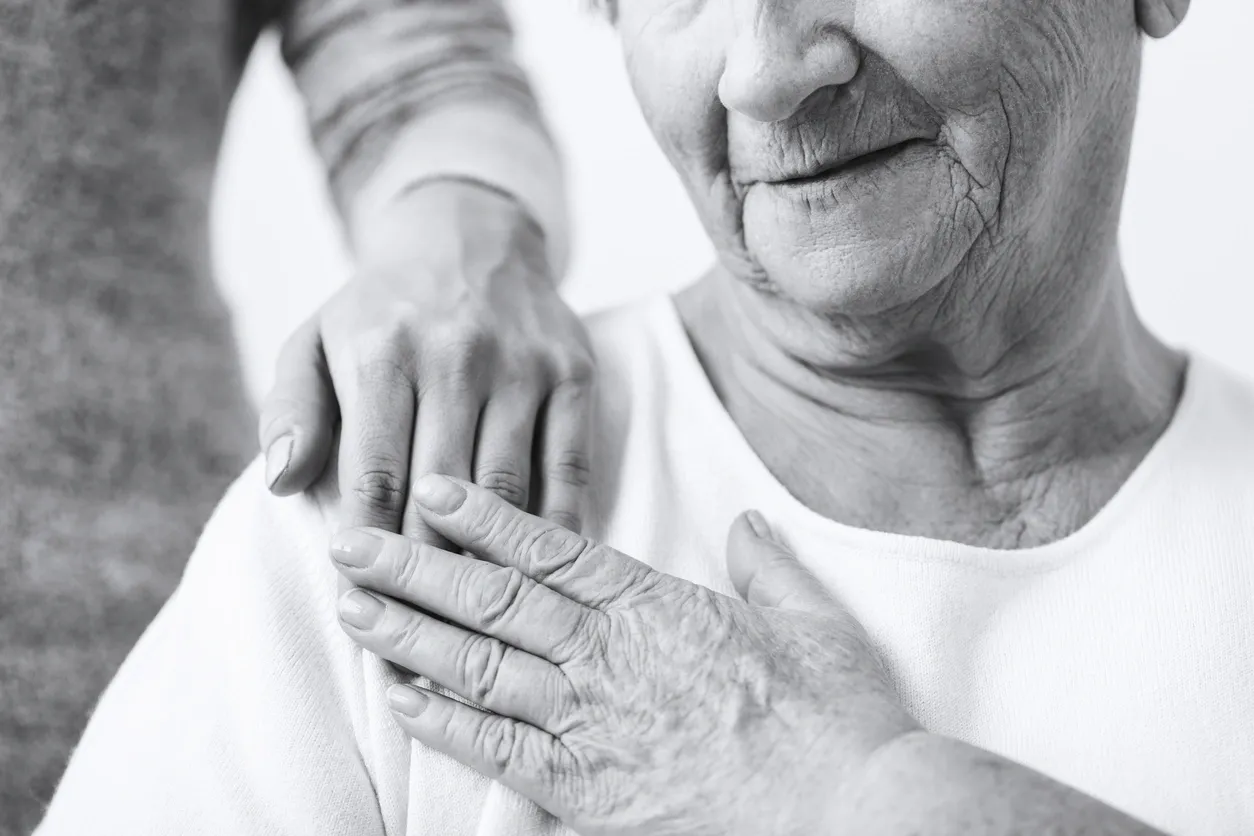
How Companion Caregivers Engage Seniors and Reduce Isolation
November 13th, 2020aging in place, Alzheimer's Care, Caregiver Employment, Caregiver job, Caregiver Service, Companion Caregiver, Dementia Care, Elderly Care, Fall Activities for Seniors, Hire CNA, Hire HHA, Hire PCA, Home Healthcare, House Cleaning, In Home Care, Janitorial Service, Long Term Care, Office Cleaning, Outdoor Activities for Seniors, Polish Care Services, Retirement Plans for Seniors, Senior Care Services, Spring Activities, Summer Activities for Seniors, Uncategorized,
Caring for Seniors: How Companion Caregivers Engage Seniors and Reduce Isolation
Seniors are prone to isolation. But the ongoing pandemic has increased the possibility of seniors becoming isolated even more. One way to reduce isolation is to connect seniors with a companion. Here is an overview of how seniors can benefit from companionship and increased engagement from companion caregivers.
What Companion Caregivers Do
The main thing that companion caregivers do for seniors is to socialize with them. They provide in home senior care on set days of the week, giving their clients something to look forward to during the week. Companion caregivers can assist seniors with household tasks like paying bills, caring for pets, and preparing meals, assist with transportation, and provide medication reminders. But it is the social aspect of their job that cannot be understated.
Companion caregivers provide a connection to the outside world, and for seniors who have difficulty leaving their house due to physical limitations or conditions like Alzheimer’s and dementia, this is important.
Making Connections and Engaging
Companion caregivers help connect with seniors by engaging them in activities like taking walks together, reading together, playing games, and simply having conversations about life and family. Studies conducted in recent years have shown that taking the time to do these things matters. Care workers at nursing homes in the United Kingdom were given care champion training to help them engage residents with dementia in conversation for at least one hour a week. The care workers were given prompts and cues to help elicit conversation.
Over time, researchers found that the seniors who participated in the study had a better quality of life and were less agitated compared to using medication to reduce it. Other studies have found that creating individualized care plans and teaching seniors with Alzheimer’s and dementia how to do certain tasks saw their activities of daily living go up.
Benefits of Staying Active
Engaging with seniors by using conversations and activities has shown that seniors live longer and improve memory and executive function. Companion caregivers can also provide long term care and emotional support that connecting with family and friends would normally bring and make them feel joy.
If you’re searching for a companion caregiver for your elderly loved one, reach out to Polish Care Services. We’ll match a companion caregiver to a senior that meets their needs. Reach out to us today.

Caring for Seniors: Preventing the Spread of COVID-19 During Cold
September 28th, 2020aging in place, Caregiver Service, Companion Caregiver, Companion Senior Care, Dementia Care, Disability Care, Elderly Care, Fall Activities for Seniors, Long Term Care, Meditation, Senior Living, Senior Services, Seniors, Spring Activities,
COVID-19 is here to stay for the foreseeable future, until there is an effective and safe vaccine. As the pandemic considers, it’s time to start thinking about how to keep seniors safe during long term care as we head into the colder months. Here is what to keep in mind when it comes to preventing the spread of COVID-19.
Covering Your Bases: Basic COVID-19 Spread Prevention
It is best to reinforce what is already known, wear a mask over your nose and mouth at all times when outside the house and encourage everyone you live with to do the same. Keep one in your car or bag if you accidentally leave it behind. Wash your hands frequently with soap and water for at least 20 seconds. Keep six feet of distance between yourself and others when outside the home. Avoid large gatherings with friends, and groups and observe social distancing and mask-wearing precautions if you do. Do not touch your face and monitor your health daily by going through the common symptoms. Stay home if you feel ill.
What to Do in the Fall
Flu shots are available starting in September. Experts recommend getting one starting in October so that it lasts for the entire season. Arrange for your elderly loved one to get one as well. Some medical providers or services may come to the house to give one for a fee if your loved one or client doesn’t already have home health care nurses seeing them.
How to Care For Clients or Loved Ones at Home During the Colder Months
Preventing the spread of COVID-19 during fall, winter, and spring relies upon following many of the same basic precautions for in home senior care. Both the care provider and the elderly person should be wearing masks while the care provider is in close proximity. Minimize indoor conversation and stay six feet away from any other family members or pets in the house. Minimize conversations indoors and clean surfaces touched as you go. If possible, increase ventilation indoors without making the room too cold. Encourage others in the home to clean surfaces after you leave as well.
If you have supplies such as gloves, masks, or hand sanitizer, keep the supplies in a sealed container in the home to use only when you’re there.
Finding a trusted care provider to help your loved one is a challenge. Polish Care Services will answer the call. Reach out to us to learn how our caregivers help the elderly receive quality in-home care.
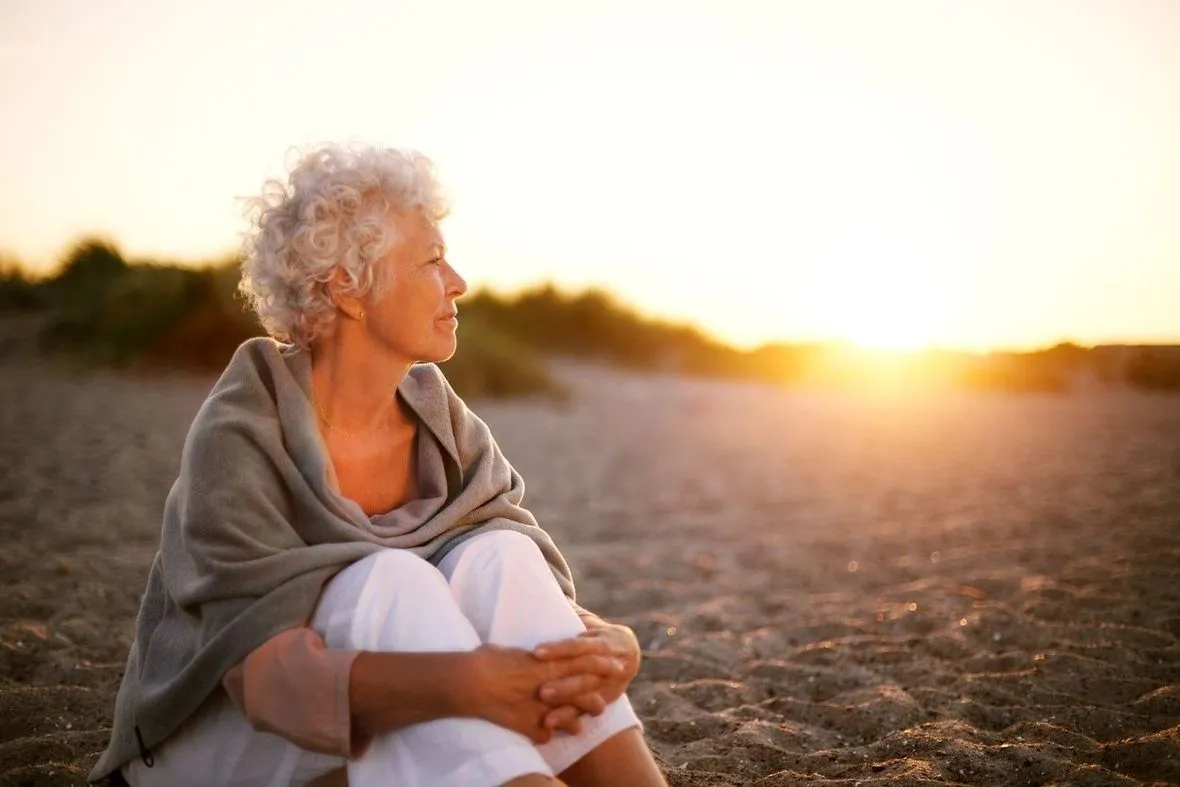
Caring for Seniors: Caring for Seniors During Changing Seasons
September 7th, 2020aging in place, Alzheimer's Care, Caregiver Service, Companion Caregiver, Companion Senior Care, Home Care, In Home Care, Preparing for the Holiday, Retirement Plans for Seniors, Senior Care Services, Senior Living, Senior Services, Seniors, Summer Activities for Seniors, Uncategorized,
As we head into another time of the year, start thinking about long term care for seniors at home during each season. Every time of the year has unique challenges for the elderly population. Keep reading to learn how to care for seniors during season change such as autumn, winter, spring, and summer.
Care During Autumn
Autumn is the season to prepare in-home care clients for the winter ahead. The flu season officially begins in October. So start asking your client’s family or nurse to arrange for a flu vaccine in September or early October. Go through the client’s over-the-counter medicines and get rid of any cold-related medication or supplies that have expired. Replace the expired supplies and stock up on other things like tissues, cough drops, and nose spray if applicable.
Fill the pantry with cans of healthy soups and find recipes for warm dishes that can be put in the crockpot for easy meals. Fix any drafty spots in the house.
Don’t forget to go through existing cold weather clothes and replace anything that’s no longer wearable. Make sure the client has enough socks, sweaters, warm pajamas, and blankets to keep them cozy.
Care During Winter
Winter is the coldest time of year and can present the most risk to seniors at home with increased fall risks and household risks. One of the most important steps to take is to prepare the home for winter. Caregivers should notify the client or their family of any potential hazards around the home such as a lack of fire extinguishers around the fireplace, stairs that present a fall hazard when wet, or carbon monoxide detectors in need of batteries.
Make up an emergency kit with a flashlight, warm blankets, a radio, backup batteries, water, and nonperishable food to last for several days in case in-home visits cannot be made. Install non-slip mats under rugs and in any room where the client may slip and fall. Keep shoes on mats inside the house to keep puddles from forming on the floor if they’re wet. Finally, keep areas well-lighted as it gets dark to prevent clients from falling over objects.
Care During Spring
Spring is a season of fresh starts and is a time for caregivers providing in-home senior care to reassess things in the home. Examples of this include making sure that the medication list for the client is current and has all prescribed medications as well as vitamins or supplements. Any expired or discontinued medications should put in a separate location until a family member or client’s home care nurse can look at them or disposed of if possible.
Evaluate the rooms used by the client for any repairs or improvements to be made. Consider installing grab bars and non-slip mats in the bathroom, putting appliances and dishes within easy reach in the kitchen, and installing a nightlight in the bedroom. Move clothes and grooming items within reach for the client to use and make sure they can reach the phone or medic-alert devices from the bed.
Lastly, secure cords out of the way and get rid of clutter in the home that presents an ambulation hazard.
Care During Summer
When the weather begins to heat up, seniors face new challenges. Heat can put added stress and pressure on the elderly. It’s best to keep them cool and indoors. Avoid any strenuous activities. If the client wants to do a physical activity like take a walk, it’s best to do it early in the morning while it’s still cool. Keep them hydrated throughout the day with water and avoid drinks with alcohol or caffeine in it. Encourage wearing light layers and keep the home cool by running a fan or using solar curtains.
Prepare meals that are light and healthy like salads and avoid heavy meals. Stock up on popsicles or other frozen items that help keep clients hydrated and cool. Offer a cool shower or bath to help beat the heat and use a cool washcloth on the back of the neck when sitting to help alleviate feeling hot.
If the client wants to go out, go to places with air conditioning like a library, coffee shop, or mall.
Every season has its care benefits and care challenges. The most important thing to remember is to prepare in advance. The more prepared a caregiver is for each season, the less stressful it will be for the senior. If you’re looking for a thoughtful and prepared caregiver, contact Polish Care Services. Our staff will be happy to match our caregivers to your loved ones.

Caring for Seniors: Providing Care for Seniors During COVID-19
August 25th, 2020Caregiver Employment, Caregiver Service, Companion Caregiver, Companion Senior Care, Homecare, House Cleaning, In Home Care, in home care assistance, Long Term Care, Office Cleaning,
COVID-19 is not going away any time soon. There are measures that caregivers can and should
take to protect themselves and the people they care for. This article discusses how these measures
protect everyone involved and keeps those in need of care from contracting COVID-19.
Understanding COVID-19 Spread
COVID-19 spreads between people in proximity to one another, less than six-feet apart via
respiratory droplets. When one person coughs, sneezes, or talks to another, the droplets produced
from that will land in the other person’s mouth and nose. The virus can spread from someone who
is infected but not showing symptoms.
How to Stay Safe
Hand washing is one of the main ways to help keep caregivers and those who need care safe. It
should be done frequently, especially after:
– Using the bathroom.
– Caring for someone who is sick.
– Leaving a public place.
– Blowing your nose.
– Changing a diaper.
– Touching your face, eyes, or mouth.
Use hand sanitizer with at least 60% alcohol if soap and water aren’t available.
Maintaining distance from others is another way to stay safe. Stay away from people who are sick
in your household. If you provide long term care at a facility or at a person’s home, limit
unnecessary close contact as much as possible.
Wear a mask when you are outside the house. A mask protects others from getting sick. This
includes while you are working with your care client. Gloves are also recommended when working
closely with someone else.
Keep disposable supplies like masks, gloves, hand sanitizer and other things specific to your care
client in a container at their home or at your facility for your use only.
Clean Frequently
Clean and disinfect surfaces frequently while you are working. This is also a good practice to
implement at home.
Stay Healthy
Be aware of the basic symptoms of COVID-19. These include fever, cough, and shortness of
breath. If you think you have any of these, take your temperature. Don’t take it right after
exercising or taking medication. Consider keeping a symptom diary to track any time you are
feeling unwell during the pandemic.
If you experience any of these symptoms or others, let your client know and plan for alternative
care, and get a COVID-19 test if symptoms are not going away.
Caregivers at Polish Care Services are committed to keeping clients safe during COVID-19.
Moreover, one caregiver to one patient in an in home care setting helps to minimize the risk of spread.
Contact us at 860-255-8278 to learn more about how we provide safe in home senior care.
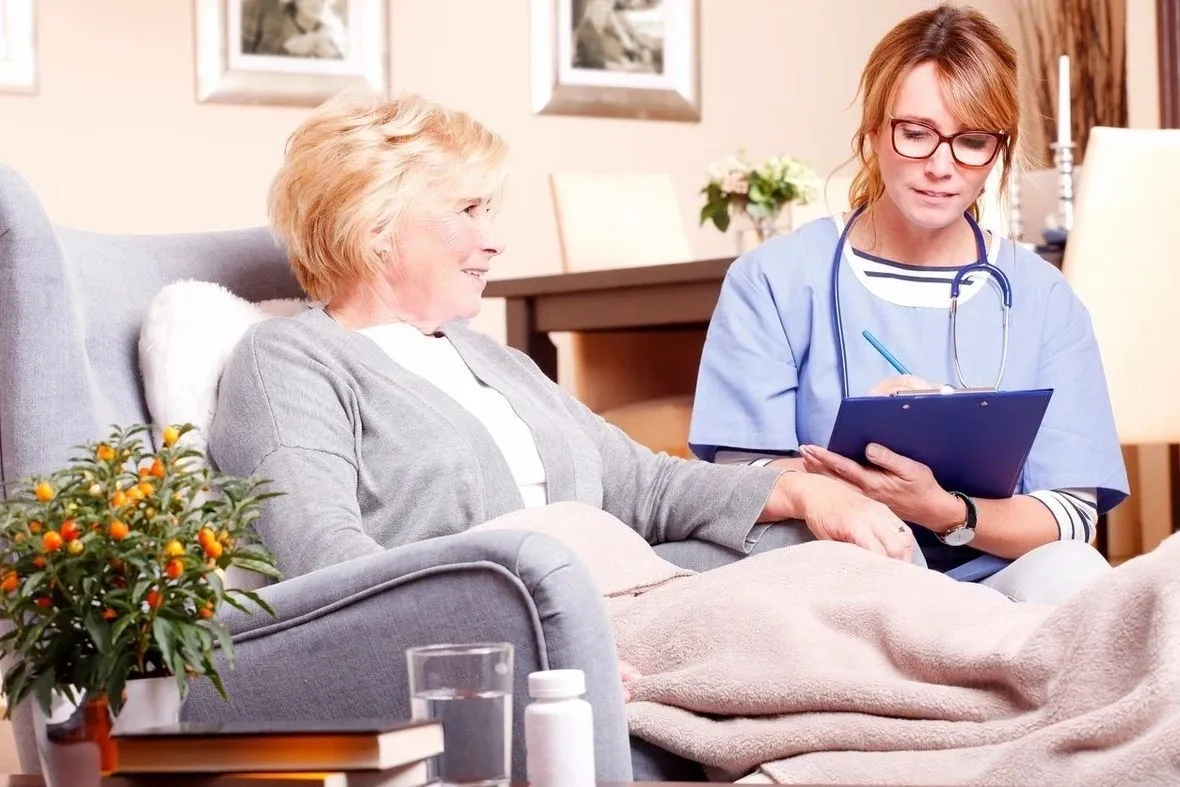
Caring for Seniors: Managing Finances
July 28th, 2020Caregiver Employment, Caregiver job, Caregiver Service, Companion Caregiver, Companion Senior Care, Disability Care, Hire CNA, In Home Care, in home care assistance, Long Term Care, Outdoor Activities for Seniors, Polish Care Services, Senior Living, Senior Services, Seniors, Spring Activities,
Caring for Seniors: Managing Finances
Care is an expensive part of getting older. Everyone will need some type of long term care in their senior years. This knowledge does not make planning for these financial eventualities any easier. Long-term care insurance is one option that helps with the cost of care as people age. This article provides an overview of what this insurance option is and what it covers.
What is Long-Term Care Insurance?
Long-term care insurance covers services that help seniors as they get older. It helps with the cost of having assistance for activities of daily living or ADLs such as bathing, dressing, and transferring. Traditional health insurance doesn’t cover such costs. This insurance can cover:
– In-Home Care
– Home Health Aides
– Care at an Assisted Living Facility
– Care in a Nursing Home
Long-term care insurance is an option that some seniors choose because they may not want to use a loan, property sale, or to depend on family to help out if care is needed.
The Benefits of Long-Term Care Insurance
Long-term care insurance can help pay for in-home senior care and seniors can stay at home longer. The insurance will typically begin covering services when assistance is needed with two or more ADLs. Because it covers in-home care, a senior can have caregivers come into their home and help them with ADLs along with things like cooking and cleaning.
The costs of moving to assisted living or to a nursing home has a monthly rate starting at $6,000 on average excluding the cost of medical care. If you are a senior in need of care, the cost is typically less expensive to stay at home with care.
What to Keep in Mind About Long-Term Care Insurance
The best time to buy long-term care insurance is between the ages of 50 and 65. Waiting longer may mean an increase in cost, especially for those with an existing condition. Insurance premiums are not cheap but for those who can’t afford care out-of-pocket and are not considered low-income, long-term care insurance is something to think carefully about.
If you’re in need of in-home senior care, reach out to the staff of Polish Care Services 860-255-8278 or [email protected]. We can help walk you and your family through the options for in-home senior care.
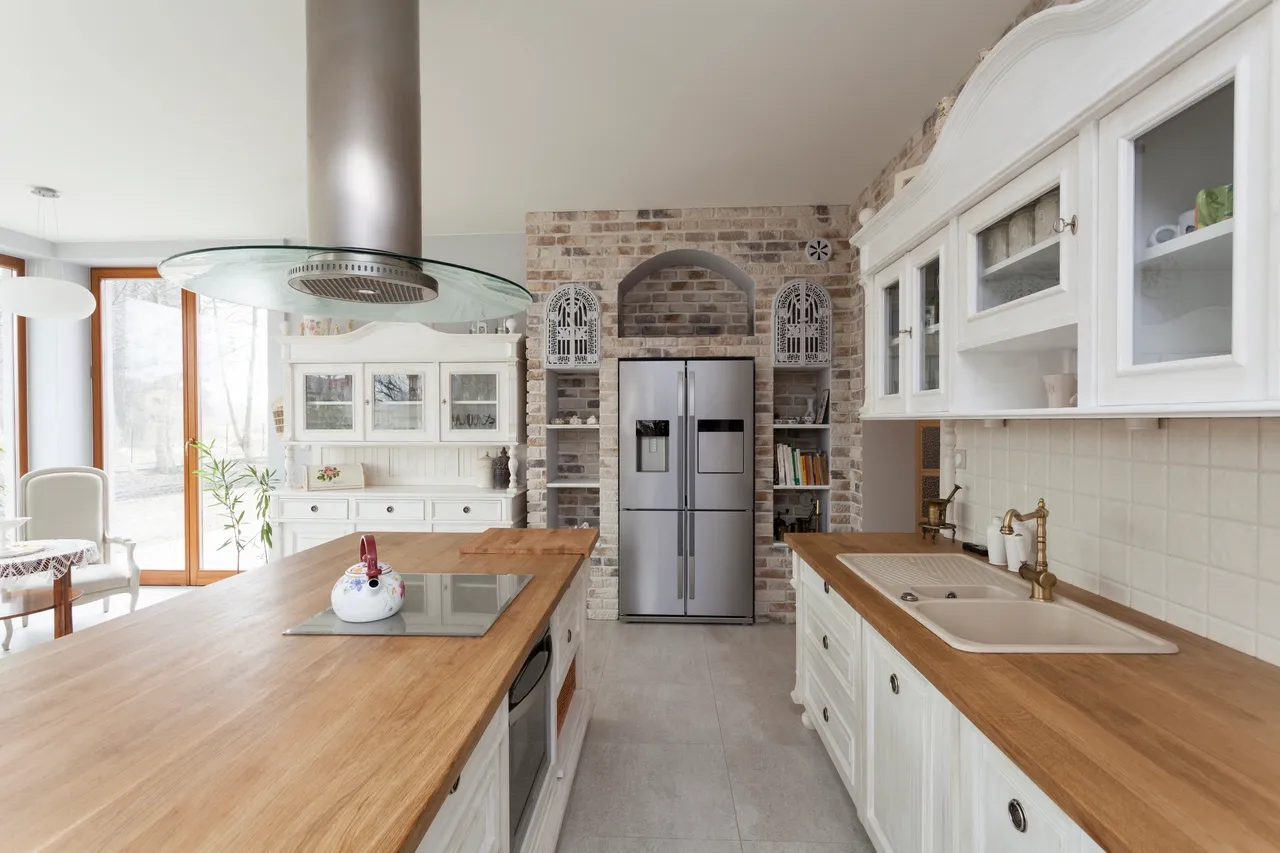
Using Ultraviolet UV Rays for Coronavirus Covid-19 Sanitizing
April 19th, 2020aging in place, Caregiver Employment, Caregiver Service, Companion Caregiver, Dementia Care, Elderly Care, Home Care, Home Healthcare, Homecare, House Cleaning, In Home Care, Long Term Care, Polish Care Services, Senior Care Services,
Because of the Coronavirus Covid-19 pandemic, Polish Care Services team has been researching global solutions to eliminate viruses and bacteria, to better understand how to improve on care quality for its seniors and disabled clients, also to improve its residential and commercial cleaning operations.
Our primary source has always been the CDC and its guidelines. However we believe in gathering and analyzing enough scientific data from credible sources to make informed decisions, for more effective outcomes.
During our research for a no mess solution, we were enlightened about the benefits of Ultraviolet rays for sterilization purposes.
Coronavirus Covid-19 Survival and Transmission
According to the Annual Reviews Covid-19 type viruses transmission is seasonal and cyclical and will primarily occur during December through April. Transmission was found to be most efficient under 23°C/ 73.4°F/ 30% relative humidity RH conditions, and least efficient at 23°C/73.4°F/ 50% RH and 5°C /73.4° F/ 70% RH.
What is Ultra Violet light
Ultraviolet light is a type of electromagnetic radiation that is used for for summer tans, sunburns also makes black-light posters glow. However, too much exposure to UV radiation is damaging to living tissue.
UV is generally divided into three sub-bands:
● UVA, or near UV (315–400 nm)
● UVB, or middle UV (280–315 nm)
● UVC, or far UV (180–280 nm)
The greater the intensity and exposure, the more dangerous it is for organisms. UV-C is considered the most safe when used with precautions.
How does it Work
According to the National Institutes of Health NIH Ultraviolet short-wave radiation destroys DNA in living microorganisms.
The effectiveness of UVC’s is directly related to its intensity and exposure time.
Although UV-C LEDs are relatively new to the commercial market, it is becoming more popular in global communities.
UV-C LEDs targets a specific wavelength needed for disinfection. This is important considering that pathogens vary in their sensitivity to specific UV wavelengths. The benefits of LEDs are unlimited daily cycle, instant on/off and mercury free. Most handheld ultraviolet LED sanitizer wands has a shield that minimize light and radiation contact with user.
What are the Dangers
Dangers of too much exposure to Ultraviolet (UV) radiation is a known cause of skin cancer, skin aging, eye damage, and may affect the immune system.
Further research is needed for the consistent use of Ultraviolet sterilization, although most studies shows that the use of these devices with the proper precautions, can be effective and relatively safe. Virus in hard to reach areas such as cracks and crevices may not have the adequate exposure to be eradicated, and can still survive.
It is recommended to use sanitizing solutions with ultraviolet rays to be more effective.
Best Solutions
Best solutions are still social distancing, hand washing, disinfecting surfaces, and wearing mask when necessary. If possible, seniors and those with preexisting conditions should avoid areas with large groups or gatherings, as the risk of contracting the virus is more elevated in these settings.
In home care with a personal caregiver may be the best viable option. Without a vaccine, and because of the cyclical nature of the Covid-19 virus, this indicates occurrences will be seasonal and cyclical December – April.
Polish Care Services provides caregivers for seniors and disabled, we also provide cleaners for homes, and janitors for offices and business.
Please visit us at polishcareservices.com or phone 860-255-8278 or email [email protected] so we can better understand your needs.
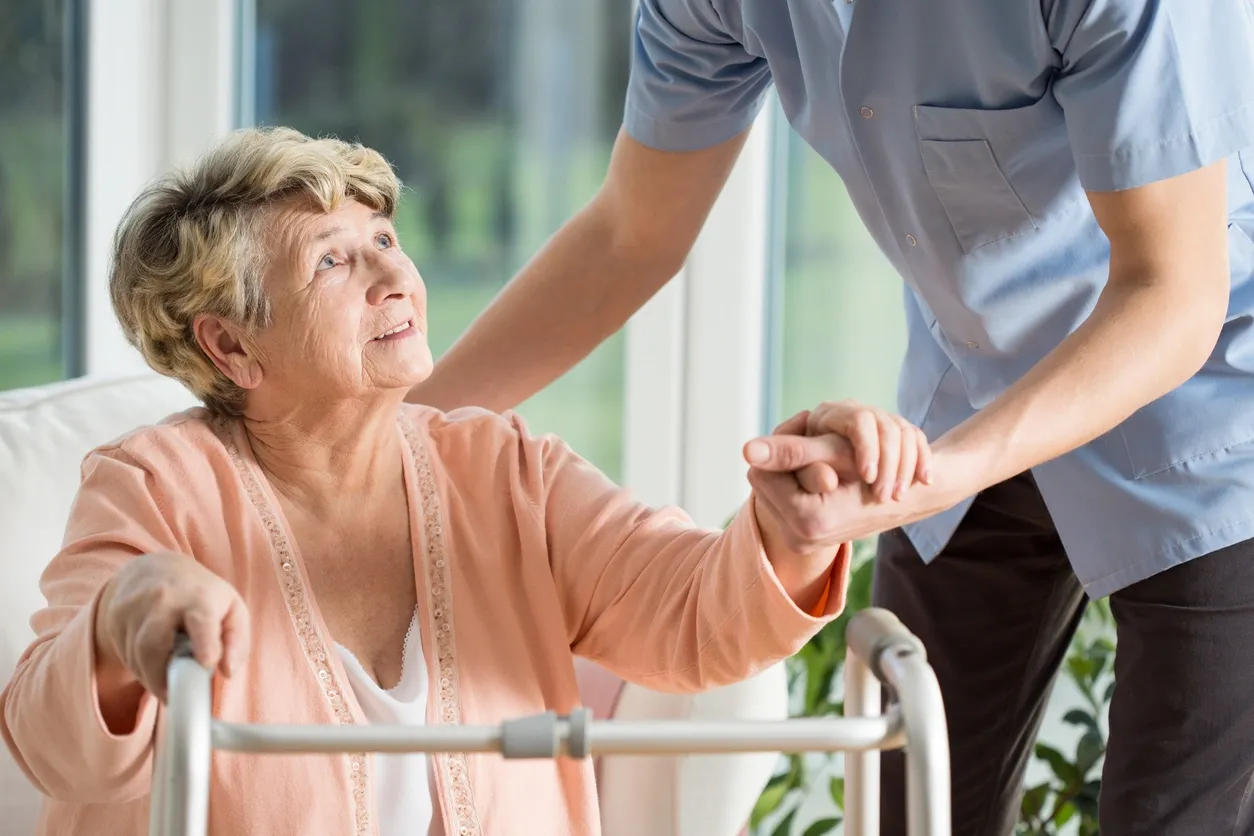
Caring for Seniors: Need to Fall Prevention in Future
March 31st, 2020Caregiver Service, Companion Caregiver, Elderly Care, In Home Care, Long Term Care, Polish Care Services, Senior Care Services, Uncategorized,
The fear of falling at home is a major concern for seniors and their caregivers. While falls can cause injury, learning how to prevent them is key to being able to help seniors stay at home safely and receive the necessary assistance from caregivers to make their in home care experience better.
Being Aware of the Risk Factors
When it comes to fall prevention, making the home safe so that falls don’t happen is something to consider. However, there are risk factors that contribute to falls other than home safety.
– Medications impact fall risk. Some medications cause dizziness or dehydration. In some cases, two medicines might react badly with each other and contribute to falls.
– Poor balance, gait, or a visual impairment impacts a person’s ability to function normally, leaving them more susceptible to falls.
– Conditions and diseases can increase a fall risk too due to symptoms like dizziness and compromised balance .
Start Simple
Fall prevention can be as simple as asking the client about their own concerns. It’s not uncommon for a senior to be concerned due to risk factors such as the ones described above. Starting with a discussion can help a caregiver or loved one determine why the senior in question has fall concerns. By learning about them, you can create a plan together.
Poor balance and lower body weakness contribute to falls. Simply doing exercises that focus on improving strength and balance can help prevent them. Simple fall prevention measures to take include making sure areas around the home are well-lit including having nightlights in the bedroom and bathroom. Install grab bars by the toilet, shower, and bath, and move items out of the way that may be a fall hazard.
Make Staying Safe Around the House Easier
Falls can occur because of small but important things. Wearing the wrong footwear can contribute to falls. All footwear should fit comfortably and not be loose. Furniture like beds, chairs, and sofas should be a comfortable height to make them easier to get in and out of. Any loose carpeting should be properly secured and throw rugs removed. Use nonskid treads on the stairs.
The thought of falling might be scary. But they are preventable.
For more fall prevention tips, contact Polish Care Services. Our knowledgeable senior care staff will be happy to answer your questions.
Polish Care Services Essential Services COVID19- Update
March 22nd, 2020Caregiver Service, Companion Caregiver, Elderly Care, In Home Care, Long Term Care, Polish Care Services, Senior Care Services, Uncategorized,
Because of the governor’s order 7H to shelter in place slated to be in effect Monday March 23rd at 8:00 PM. Polish Care Services is postponing essential services such as cleaning and janitorial services until this travel restriction is lifted.
We will still be providing caregivers for seniors and the disabled as this is classified as essential services.
We are closely monitoring the CDC website and updating our employee training portal, as the health and safety of our employees and clients are of utmost importance.
We are constantly reinforcing the basics:
Wash hands for 20 seconds with soap and warm water often.
Use sanitizers of 60% or more alcohol.
Avoid touching face.
Practice social distancing
If there is a fever or cold, alert the agency immediately.
If there is contact with someone with the virus, self quarantine, consult a doctor and inform the agency.
Mental health: Tune out from the negative news, and social media ever so often, find some way to relax through communication, music, meditation and exercise.
Please stay safe and healthy, together we will get though this and be stronger.
Agnes,
Polish Care Service
Polish Care Services Update on COVID19- Coronavirus
March 16th, 2020aging in place, Caregiver Service, Companion Caregiver, Dementia Care, In Home Care, Long Term Care, Polish Care Services, Senior Care Services, Uncategorized,
Dear Customers,
We want to thank you for allowing Polish Care Services to make a difference in your lives with continued service, and we look forward to continued care in 2020.
As the success of our business is extremely important to each of us, we would like to provide you with an update on the Covid19 – Coronavirus, its effects and impacts on caregiver and cleaning services, our customers, employees and stakeholders.
All employees are trained on the necessary precautions, including guidelines from the CDC.
This includes:
Hand washing 20 second rule
Using sanitizers
Disinfecting areas
Use gloves when necessary
Keep hands away from face
Wear masks when necessary
Minimize use of personal space
Employees are constantly informed though their employee training portal, and updates from CDC to ensure the health and safety of themselves and our clients.
We hope all will keep healthy, safe and calm during this time.
Sincerely
Agnes
Polish Care Services
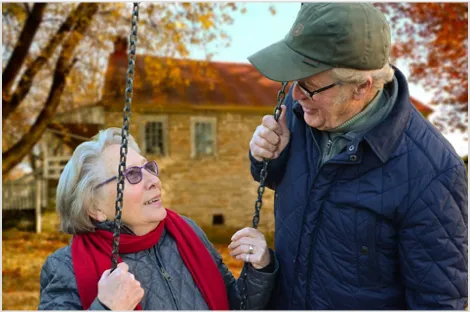
A Caregiver’s Guide To Helping Seniors Find A New Home
February 18th, 2018Companion Caregiver, In Home Care, Uncategorized,
As people get older, that big family house may not work anymore. Many seniors have trouble dealing with all the empty space in that house, nevermind keeping it clean and maintained. Then there’s the financial situation. Even if the mortgage is paid off, there are still taxes owed on rooms that may not be used anymore.
As a caregiver to seniors, you can help them find a new home when the time comes. From helping on moving day to making needed renovations, there’s a lot you can do. To begin, you need to look into different housing options for the seniors.
Finding The Right House
It’s not like housing has changed a lot since the seniors bought their house, but their lives are different now. They don’t have kids to house, and as they get older, mobility and safety can become problems for them. That’s why you need to help them explore their housing options.
LoveToKnow.com lists three popular housing options for seniors: Condos, townhomes, and senior communities. While single-family homes are always an option, smaller homes are usually better. There’s less space to keep clean and have trouble with.
When picking a place, be sure to look at the local amenities. For example, a senior community can provide social experiences and even medical support when needed. Besides that, the new place should have senior-friendly door handles, shallow steps, and proper lighting.
A Smooth Moving Day
Once you’ve helped the seniors find a great place to move into, then comes the hard part: The actual moving. Packing and transporting everything can be both physically and emotionally exhausting.
To help make this day go more smoothly, A Place For Mom recommends that you help sort and organize their belongings. Treasured keepsakes can be packed but donate anything that hasn’t been used in a while. There’s no reason to move that VCR or exercise bike if they’re just collecting dust. A yard sale would also be a great idea here.
As you declutter the seniors’ old home, start packing early. Waiting for the last weekend before the move will just increase everyone’s stress and lead to mistakes. Instead, help the seniors pack a little bit at a time.
Making Needed Renovations
The point of finding a new place and packing up the old one is to help the seniors. But what if you cannot find the perfect home? You can still help the elders move there by planning some home improvements.
The New York Times reports that an easy but important addition is the grab bar. These can be installed in the bathroom, bedroom, or anywhere the seniors might need a little help getting up. In addition, seniors often have problems with vision and balance as they grow older. That means adding some new lighting, painting high-contrast colors, and even taping down rugs can all help the seniors be safer in their new home.
Kitchens are another place where seniors might need some help. According to HomeAdvisor, the average price of a a major kitchen remodel is approximately $22,000, though smaller renovations may be under $5,000. However, the benefits can be tremendous — and it can help protect seniors from accidents and injuries.
They Deserve The Help
As a caregiver, there are ways you can help seniors find a new home. Start by exploring new housing options, and help them declutter before moving day. With some remodeling and renovations, you can turn almost any home into one perfect for seniors.
Credit: June Duncan for Polish Care Services https://polishcareservices.com
